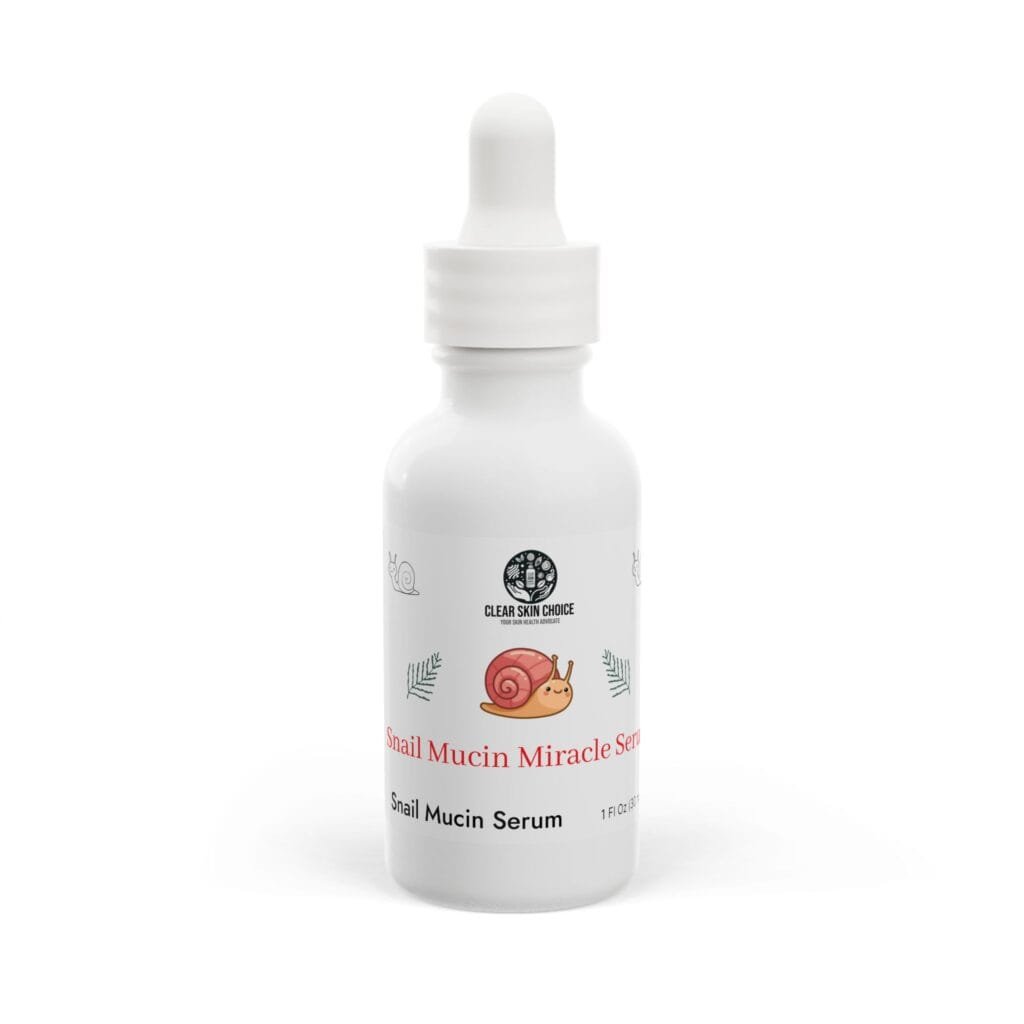Stress is a natural physiological response to life’s challenges, affecting both the body and mind. When stressed, the body releases hormones like adrenaline and cortisol, triggering physical reactions such as increased heart rate, muscle tension, and rapid breathing. These physical changes can influence mental states, potentially causing anxiety, irritability, and reduced concentration.
Prolonged exposure to stress can significantly impact mental health, potentially leading to conditions like depression and anxiety disorders. Cognitive functions may also be impaired, affecting decision-making abilities and clear thinking. Understanding stress’s effects on the mind is essential for developing effective management strategies.
Stress can also influence emotional well-being, causing frustration, and hopelessness. It may strain relationships, leading to increased irritability and impatience with others. Some individuals may resort to unhealthy coping mechanisms like overeating, substance abuse, or social isolation, which can further exacerbate mental health issues.
Recognizing stress symptoms and their impact on the mind is crucial for developing effective management strategies.
Key Takeaways
- Stress can have a significant impact on the mind, leading to anxiety, depression, and other mental health issues.
- Mindfulness and meditation can help reduce stress by promoting relaxation and increasing self-awareness.
- Breathing techniques, such as deep breathing and diaphragmatic breathing, can provide instant relaxation and relief from stress.
- Effective time management and prioritization can help reduce stress by creating a sense of control and organization.
- Regular physical exercise can play a crucial role in managing stress by releasing endorphins and promoting overall well-being.
- Healthy eating habits, such as consuming a balanced diet and staying hydrated, can influence stress levels and overall mental health.
- Seeking support from friends, family, or professional help can be crucial in managing stress and preventing it from escalating.
Mindfulness and Meditation for Stress Reduction
Mindfulness and meditation are powerful tools for reducing stress and promoting mental well-being. Mindfulness involves paying attention to the present moment without judgment, which can help to reduce feelings of anxiety and overwhelm. By focusing on the here and now, individuals can learn to let go of worries about the past or future, which can contribute to stress.
Meditation, on the other hand, involves practices such as deep breathing, visualization, or mantra repetition, which can help to calm the mind and reduce the physiological symptoms of stress. In addition to reducing stress, mindfulness and meditation practices can also have long-term benefits for mental health. Research has shown that regular mindfulness results in improved mood and emotional regulation.
It can also help individuals develop a greater sense of self-awareness and compassion may contribute to overall mental well-being. By incorporating mindfulness and meditation into daily routines, individuals develop a powerful tool for managing stress and promoting mental health.
Breathing Techniques for Instant Relaxation

Breathing techniques are a simple yet effective way to reduce stress and promote relaxation in the moment. When we experience stress, our breathing often becomes shallow and rapid, which can contribute to feelings of anxiety and tension in the body. Through deep breathing techniques, individuals can activate the body’s relaxation response.
This can help to calm the mind and reduce the physiological symptoms of stress. One effective breathing technique for instant relaxation is diaphragmatic breathing, also known as belly breathing. This involves taking slow, deep breaths into the diaphragm, allowing the abdomen to rise and fall with each breath.
Another technique is 4-7-8 breathing, where individuals inhale for a count of 4, hold their breath for a count of 7, and exhale for a count of 8. These techniques can be practiced anywhere, making them a convenient tool for managing stress in any situation. By incorporating regular breathing exercises into their daily routines, individuals can develop powerful skills for managing stress and promoting mental well-being.
Time Management and Prioritization for Stress Relief
| Technique | Effectiveness | Time Required |
|---|---|---|
| Creating a to-do list | High | 5-10 minutes daily |
| Pomodoro Technique | Medium | 25 minutes work, 5 minutes break |
| Eisenhower Matrix | High | 5-10 minutes daily |
| Time blocking | High | Varies based on tasks |
Effective time management and prioritization are essential skills for reducing stress and promoting mental well-being. When we feel overwhelmed by our responsibilities, it can be easy to become stressed and anxious about how we will manage everything. By developing a plan for how to allocate our time and energy, individuals can reduce feelings of overwhelm and create a sense of control over their lives.
One effective strategy for time management is to create a daily or weekly schedule that includes time for work, relaxation, exercise, and social activities. By prioritizing tasks based on their importance and deadlines, individuals can ensure that they are focusing on the most critical responsibilities first. This can help to reduce feelings of stress and prevent procrastination, which can contribute to increased anxiety.
By developing effective time management skills, individuals can create a sense of balance in their lives and reduce the impact of stress on their mental well-being.
Physical Exercise and Its Role in Stress Management
Physical exercise is a powerful tool for managing stress and promoting mental well-being. When we engage in physical activity, our bodies release endorphins, which are natural mood lifters that can help to reduce feelings of stress and anxiety. Exercise also helps to reduce muscle tension and promote relaxation creating a positive impact on mental health.
In addition to its immediate effects on stress reduction, regular physical exercise can also have long-term benefits for mental well-being. Research has shown that exercise can help to improve mood, reduce symptoms of depression and anxiety, promote overall mental resilience, and improve sleep quality.
By incorporating regular physical activity into their routines, individuals can develop a powerful tool for managing stress and promoting mental well-being.
Healthy Eating Habits and Their Influence on Stress Levels

Healthy eating habits play a crucial role in managing stress and promoting mental well-being. When we eat a balanced diet that includes plenty of fruits, vegetables, whole grains, lean proteins, and healthy fats, we provide our bodies with the nutrients they need to function optimally. This can help to reduce feelings of fatigue and irritability that can contribute to stress.
Certain foods can impact stress levels. Foods rich in omega-3 fatty acids, such as salmon and walnuts, have been shown to have mood-stabilizing effects that can help to reduce symptoms of anxiety and depression. Similarly, foods rich in antioxidants, such as berries and dark leafy greens, can help to protect the body from the effects of stress-related free radicals.
By adopting healthy eating habits that include a variety of nutrient-dense foods, individuals can develop a powerful tool for managing stress and promoting mental well-being.
Seeking Support and Professional Help for Managing Stress
Finally, seeking support from others and professional help when needed is essential for managing stress and promoting mental well-being. Reaching out to friends, family members, or support groups can provide valuable emotional support and perspective helping to reduce feelings of isolation and overwhelm.
In addition to seeking support from others, it is essential to seek professional help when needed. These professionals can provide valuable support and guidance for managing stress effectively and developing healthy coping strategies.
By seeking support from others and professional help when needed, individuals can develop a strong support network that can help them manage stress and promote mental well-being effectively. In conclusion, understanding the impact of stress on the mind is crucial for developing effective strategies. Mindfulness and meditation are powerful tools for reducing stress and promoting mental well-being.
Breathing techniques are a simple yet effective way to reduce stress and promote relaxation in the moment. Effective time management and prioritization are essential skills for reducing stress and promoting mental well-being. Physical exercise is a powerful tool for managing stress and promoting mental well-being.
Healthy eating habits are crucial in managing stress and promoting mental well-being. Seeking support from others and professional help when needed is essential for managing stress effectively. By incorporating these strategies into your daily routine, individuals can develop powerful tools for managing stress effectively and promoting overall mental well-being.







